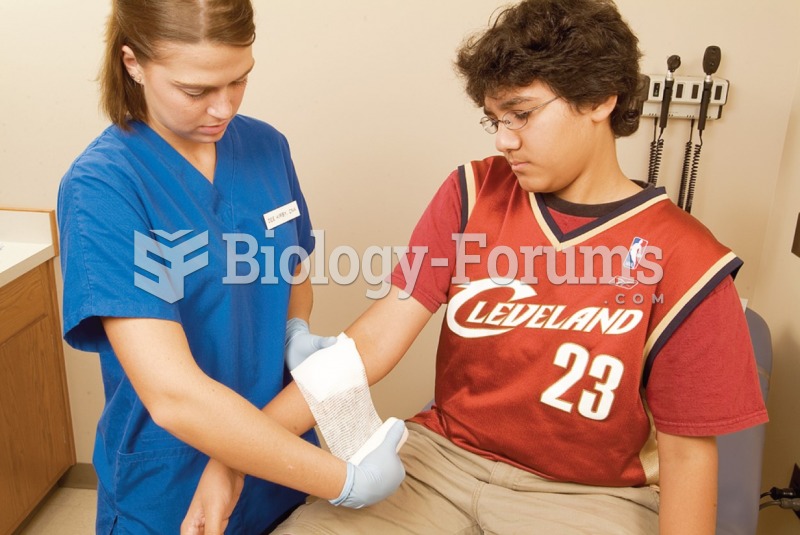Matt was so excited He finally had the chance to demonstrate the Capstone Capital Cooker to the president and CEO of a large corporation. The presentation was going well (Matt had practiced it many times), and the president and CEO appeared to be very interested. Matt plugged the cooker in, set the chicken on the grill, and said, I sure hope everyone's hungry. You won't be able to resist this dish after I've finished
As Matt continued to review the benefits of the product, he noticed the grill was taking longer than usual to heat up. He commented on the weather while he checked the electrical outlet. It was then that he noticed sparks and smoke coming from inside the electric grill mechanism.
Matt was taken completely by surprisehe had never anticipated that the product might fail. He wondered to himself, What in the world should I do now?
How should Matt address the customer's concern about the product quality?
Question 2
Matt was so excited He finally had the chance to demonstrate the Capstone Capital Cooker to the president and CEO of a large corporation. The presentation was going well (Matt had practiced it many times), and the president and CEO appeared to be very interested. Matt plugged the cooker in, set the chicken on the grill, and said, I sure hope everyone's hungry. You won't be able to resist this dish after I've finished
As Matt continued to review the benefits of the product, he noticed the grill was taking longer than usual to heat up. He commented on the weather while he checked the electrical outlet. It was then that he noticed sparks and smoke coming from inside the electric grill mechanism.
Matt was taken completely by surprisehe had never anticipated that the product might fail. He wondered to himself, What in the world should I do now?
Is there anything Matt could have done prior to his sales presentation that might have averted the product malfunction?






